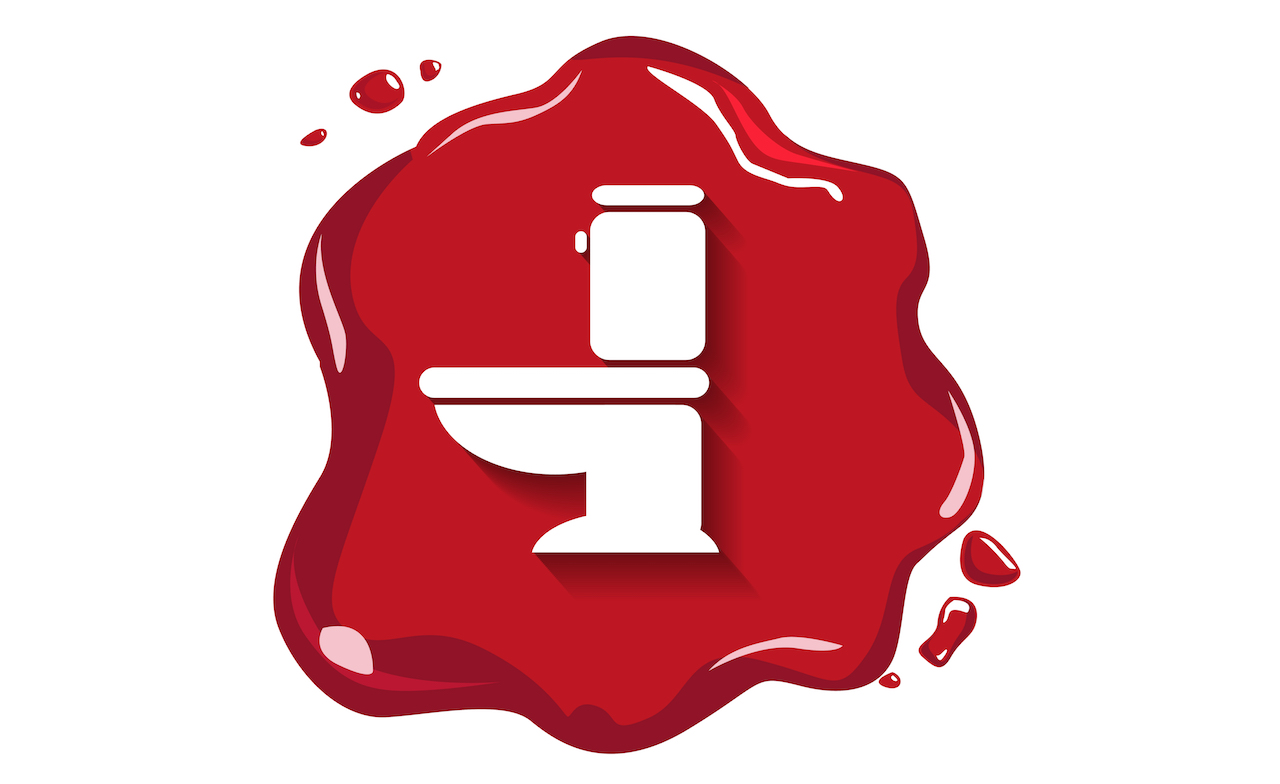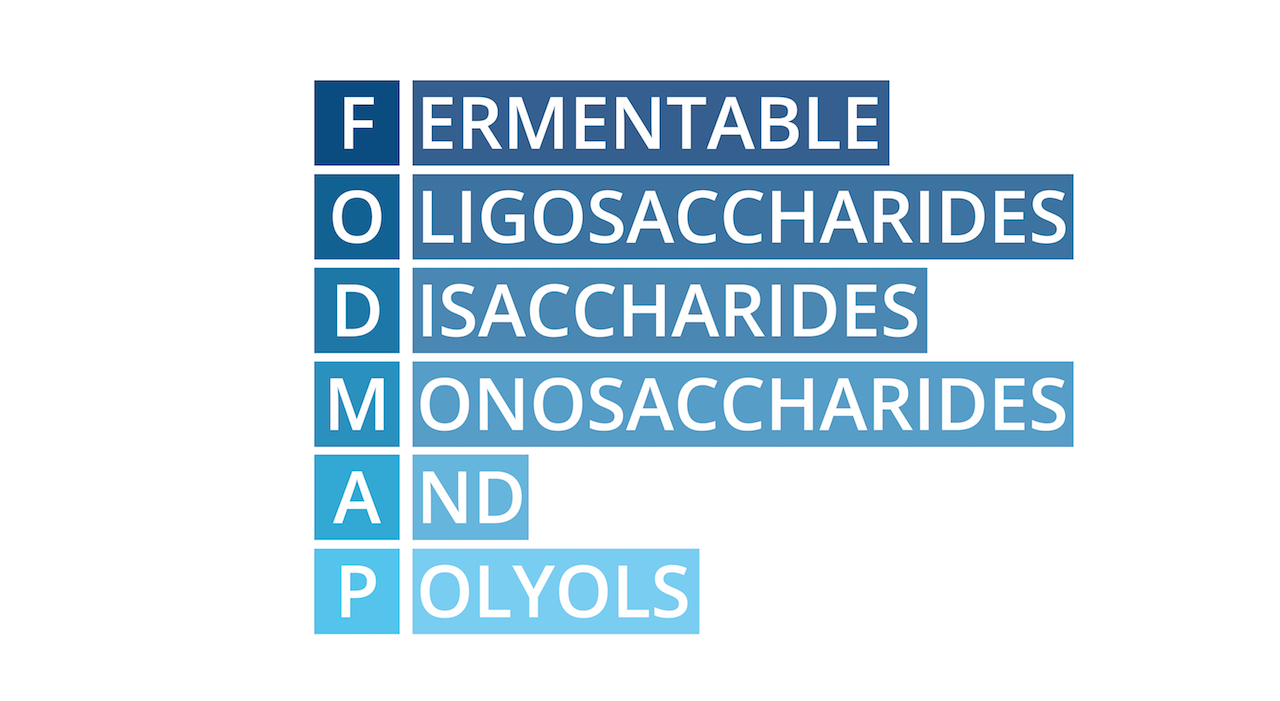When your poop waves red flags, it’s important to act fast. Normal stools can have various colours, ranging from shades of brown and even green. If you take a peek while doing your business and your stool is black or streaked with red, these could be warning signs of blood in your stool.
Blood in your stool is usually caused by bleeding in the upper or lower part of your gut.
Causes for black stools
Black, tarry stools could mean you’ve taken too many iron supplements or eaten too much black liquorice. On the more serious side, you may be bleeding in the upper part of your gut, like your stomach. The blood starts clotting before you pass the stool, which is why it is black in colour.
Causes for red stools
Food with red colouring like beetroot, cranberries, tomato juice and red gelatine could make your stool red or streaked with red. Red blood in your stool could also mean that you’re bleeding in your lower intestinal tract. This is often due to piles, which could be easily treated.
Taking anti-inflammatory drugs like aspirin, Ibuprofen and naproxen over a long period can also cause ulcers which may lead to blood in stool.
Treatment:
Treatment for blood in stool first needs a doctor’s diagnosis, but it may include antibiotics, medication to suppress acid in the stomach and anti-inflammatory medication. In some cases, you may need surgery to remove growths that could be a sign of colon damage.
Main causes:
Black blood
- Abnormal blood vessels.
- A tear in the oesophagus from severe vomitting.
- A bleeding stomach ulcer.
- Blood supply being cut off to part of the intestines.
- Gastritis (stomach inflammation).
- Widened, overgrown veins in the oesophagus and stomach.
Red blood
- Abnormal blood vessels.
- Anal fissures (small cuts or tears in your anus).
- Bowel ischemia (when the blood flow through the major arteries that supply blood to your intestines slows down or stops).
- Diverticulosis (a condition in which small, bulging pouches develop in the digestive tract).
- Haemorrhoids (piles)
- Infection in the intestines.
Keep an eye on your stool
If you see blood in your stool, take note of the colour and frequency because your doctor will ask about it to help with a diagnosis. Moderate or severe bleeding can quickly lead to symptoms of dizziness, fainting and other signs of low blood pressure.
If you’re bleeding excessively or have other symptoms like abdominal pain, a fever, weakness, vomitting and heart palpitations, see your doctor immediately.


